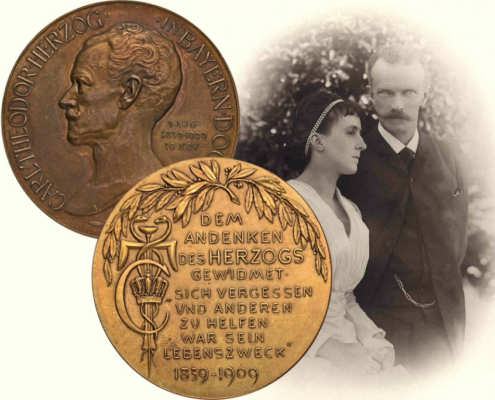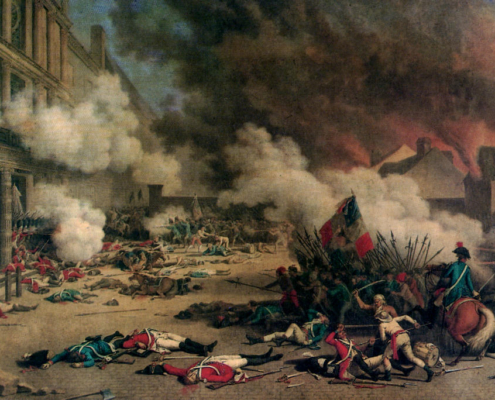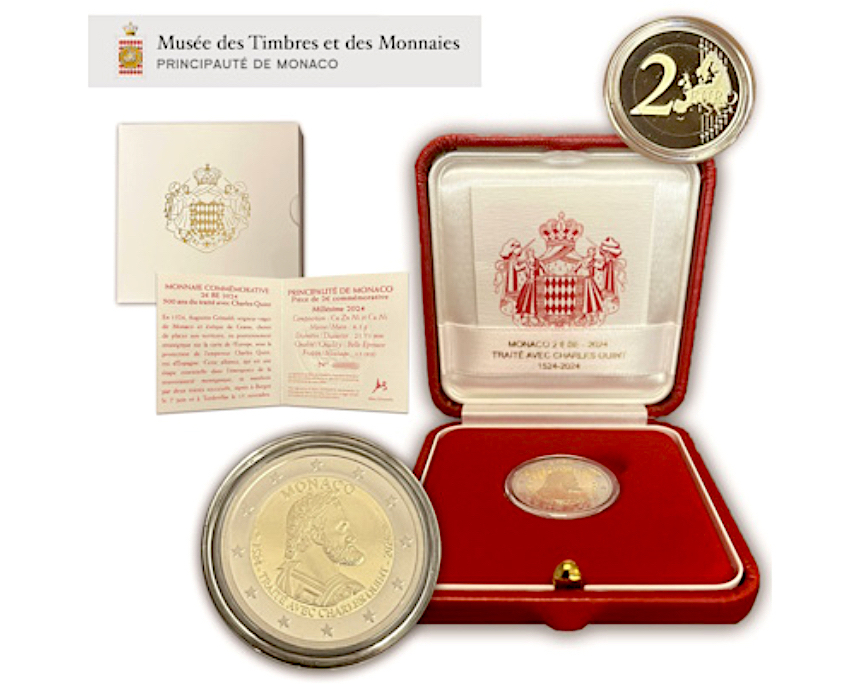Archive: People and Markets
Will the Online Platform “Discord” Become the Coin Club of the Future?
Young collectors are embracing technology from the world of computer games to pursue their hobby. Thousands of coin enthusiasts discuss, trade and compete on gaming servers – and from time to time they meet in European capitals to hunt for rarities.
A Coveted 2-Euro Coin: Monaco Introduces Penalty Fee for Multiple Orders
The Principality’s commemorative coins are among the most expensive and sought-after collectibles in the eurozone – but they have also attracted speculators for years. The sales office is now taking drastic measures.
Archive: Coins, Medals and more

Carl Theodor in Bavaria: The Old Nobility Takes Up a New Role
In the context of Künker’s phaleristic sale at the end of October, the Osnabrück auction house will present orders from the estate of Carl Theodor Duke in Bavaria. Carl Theodor is one of the most interesting figures of Bavarian history. In contrast to his famous sister Sisi, he managed to live a fulfilled and self-determined life – as an eye specialist.

French History in Coins – Part 1: Kings, Consuls and Emperors
The French Revolution also revolutionised the country’s monetary system. Join us on our voyage through the monetary history of modern France. We will start with the First Republic and one of the most famous French coins out there.










How Not To Handle a Gold Transport
Nearly a million euros worth of gold coins were transported in a carrier van to a precious metals dealer without any security measures. No prizes for guessing whether or not they actually got there. A lawsuit in Bavaria reveals how this could happen.
Marija Jurić Zagorka: A Feminist Icon from Croatia
The Croatian National Bank, in cooperation with the Croatian Mint, continues its series on Croatian literature. The second issue is dedicated to Marija Jurić Zagorka. She is celebrated in Croatia as an icon of feminism.